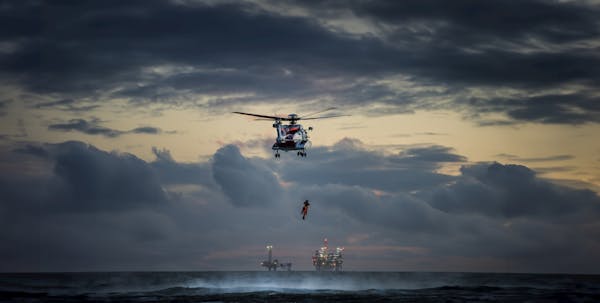Molslinjen, a leading Nordic ferry operator, has embarked on a remarkable journey towards environmental sustainability, powered by the transformative potential of artificial intelligence (AI). In collaboration with data analytics firm Halfspace, the company has developed an AI-driven forecasting engine that has revolutionised its operations, setting a new standard for the maritime industry.
The core challenge facing Molslinjen was the lack of precision in predicting vehicle arrivals for each departure, leading to complex loading processes, delays, and inefficient capacity utilisation. By leveraging AI and machine learning, the company has been able to overcome this obstacle, achieving remarkable results. The AI-powered forecast engine can now accurately predict the number and types of vehicles arriving for each departure, allowing Molslinjen to optimise the loading and departure processes.
The impact of this AI-driven transformation has been profound. Molslinjen has reported a 3% reduction in total fuel consumption, translating to an annual fuel cost savings of DKK10-12 million. Additionally, the company has experienced a 3.5 percentage point reduction in delayed departures and a 6% increase in available capacity per departure, further enhancing its operational efficiency and customer experience. The financial benefits have been equally impressive, with a DKK22 million annual increase in earnings, showcasing the significant value that data-driven decision-making can bring to the maritime industry.
Molslinjen's collaboration with data analytics firm Halfspace was pivotal to its success, allowing the company to leverage specialised expertise and develop an innovative AI forecasting engine. This synergistic partnership not only drove operational improvements, but also fostered a data-driven mindset within the organisation, underscoring the immense value of forging such collaborative relationships.
Molslinjen's story emphasises the critical importance of embracing data-centric approaches in today's fast-paced business landscape. By utilising AI and machine learning to generate accurate forecasts and optimise operations, the company was able to enhance efficiency, reduce costs, and increase revenues. This data-driven decision-making empowered Molslinjen to make informed, agile choices that positioned it as an industry leader, offering a model for businesses across sectors to emulate.
Perhaps most significantly, Molslinjen's journey demonstrates that environmental sustainability and financial performance can go hand-in-hand. Through the implementation of AI-driven solutions, the company was able to achieve substantial reductions in fuel consumption and emissions, while also delivering significant financial gains. This "green growth" model showcases the potential for businesses to create value and drive positive societal and ecological impact concurrently, inspiring others to pursue sustainability as a strategic priority.

